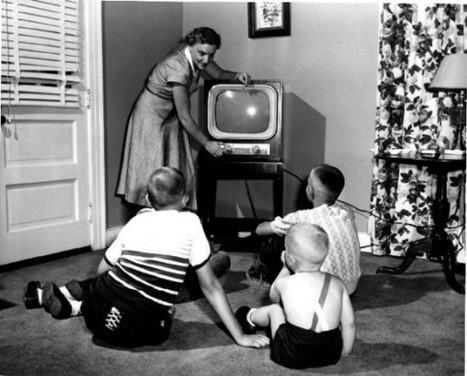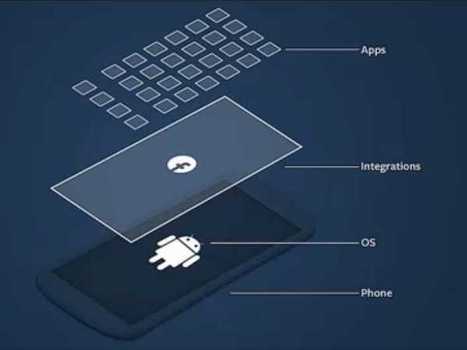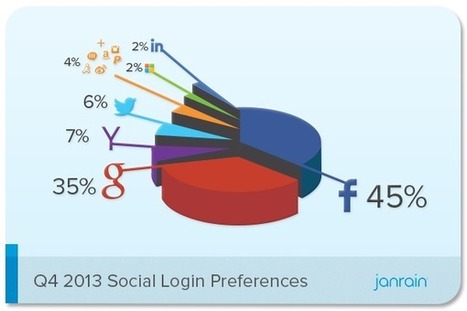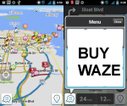Snapchat just launched Discover, a feature that lets you switch from your stories to news and entertainment provided mostly by outside publishers like CNN, ESPN, and Vice, but also by Snapchat’s in-house team of journalists and videographers.
It’s beautifully designed, and the user experience is great: Snapchat seamlessly disappears to allow each company to push their custom full-screen experience. Each page teases a story, complete with video and sound, and swiping brings you the article or a full video. It’s gorgeous, and shames the competition. Wait… what competition ?
Discover is not social. And the people at Snapchat say it loud and clear:
This is not social media. Social media companies tell us what to read based on what’s most recent or most popular. We see it differently. We count on editors and artists, not clicks and shares, to determine what’s important.
This actually says two things: first that Discover is 0% social, content is authoritatively chosen by Snapchat and their financial partners (yes it is ad-supported), fed to a captive audience that never signed up for news coverage and has not chosen Snapchat as a media source. Furthermore, it’s a very young audience. This may be the media establishment’s big come back: just like with 1950's television, you don’t really get to choose what you learn and who you trust.



 Your new post is loading...
Your new post is loading...












This bold move might also attract older users who still haven't found the right sources and interface for mobile news and entertainment needs and might install snapshat just for this reason.